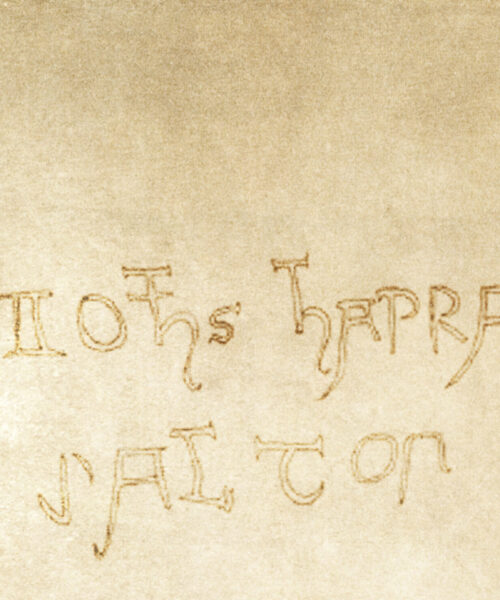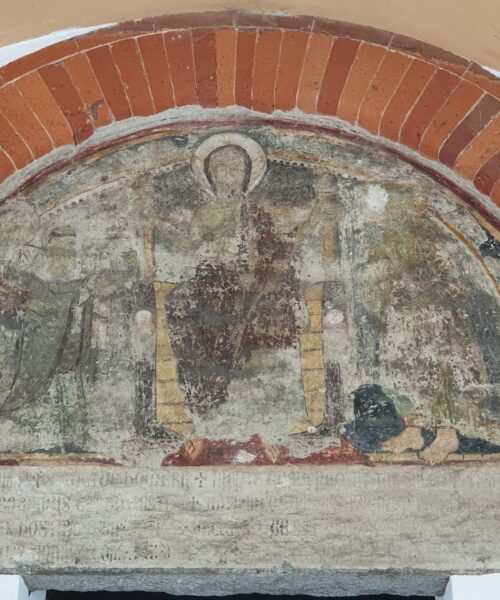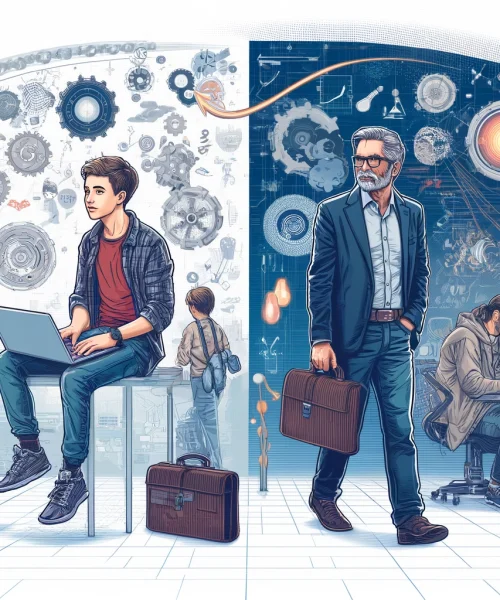The Crossroads of Reason: Why Dealing with Terrorists Often Leads to a Dead End
In the global theater of international politics, how to confront terrorism stands as one of the most thorny and divisive dilemmas. The temptation to sit at the table with those who wield violence as a political weapon is an illusion that, despite good intentions, often proves to be a dead end, a path that undermines the foundations of justice and collective security.
Negotiating with terrorists, at first glance, may seem a pragmatic way to achieve peace, to end the spiral of violence tearing apart societies and innocents. However, this strategy is based on shaky ground, a terrain that risks legitimizing the actions and ideologies of those who reject the most basic principles of respect for human life.
History teaches us that violence begets violence, that legitimizing a group that has chosen terror as its language can lead to an increase, not a decrease, in violence. There is a real risk that negotiating with terrorists sends a dangerous message: that violence is an effective means to gain political visibility and concessions. This can encourage others to follow the same destructive path, fueling an endless cycle of extremism.
Furthermore, negotiating with terrorists can translate into a betrayal of the victims of terrorism and their families, who have seen their lives upended by acts of unspeakable cruelty. How can we ask them to accept dialogue with those who have so irreparably shattered the fabric of their lives?
The fight against terrorism must be conducted firmly, with the use of force when necessary, but also with a deep commitment to addressing the roots of the problem, to promoting justice, development, and respect for human rights. It is a longer and more arduous path, but it is the only one that can lead to a lasting solution.
This does not mean closing the door to change. If a group previously classified as terrorist demonstrates through concrete and irrevocable actions the will to abandon violence and adhere to democratic principles, then it can be considered a legitimate interlocutor. But this is a process that requires time, verification, and above all, genuine change.
The Deception of Dialogue: The Democratic Veil of Terrorism
However, at the dark heart of terrorism often lies a sinister strategy, a game of shadows and deceits that uses dialogue as much a weapon as ammunition and explosives. It is a tactic that hides behind the facade of reasonableness, an illusion of change that, in most cases, proves to be a maneuver to gain time, resources, and legitimacy.
When a terrorist organization declares itself open to dialogue, the international community faces a crossroads full of hope but also danger. The hope is that of a change, the possibility that the group abandons violence in favor of politics. The danger, however, is that this openness is merely a dilatory tactic, a way to strengthen itself while the world looks elsewhere.
Negotiations with terrorists can become a theater in which a part is played for the international audience. While sitting at the negotiating table, these groups can continue to build their network, strengthen their military capabilities, and plan new acts of terror. The time gained through dialogue can be used to consolidate control over territories, gather funds, recruit and train new followers, and weave strategic alliances.
This is not a new phenomenon. History is littered with examples where terrorist groups have used peace negotiations as a smokescreen to reorganize and rearm. In some cases, they have even used the peace process to gain political recognitions and funding, only to then break the fragile agreements and unleash new waves of violence, stronger and more determined than before.
The victims of these power plays are always the innocents, those who yearn for peace and normality. Every time a terrorist group breaks a truce, the fabric of society tears a little more, trust in the peace process erodes, and the cycle of violence intensifies.
For this reason, it is essential that every opening to dialogue is met with extreme caution and stringent verification mechanisms. Diplomacy cannot be allowed to become a Trojan Horse for terrorism. Organizations that have chosen the path of violence must demonstrate, not with words but with unequivocal and sustained actions over time, their renunciation of terrorism before being considered legitimate partners in any negotiation.
In conclusion, while the door to dialogue must never be permanently barred, the key to opening it must be guarded with the utmost vigilance. Peace cannot be built on the shifting sands of false promises and dilatory tactics. It must be founded on the solid rock of justice, mutual respect, and genuine commitment to change.
The road to peace is strewn with difficult choices, but yielding to the blackmail of violence cannot and must not be one of them. It is time to reaffirm the values of justice and peace, to work for a world in which dialogue, not destruction, is the means to resolve conflicts.












